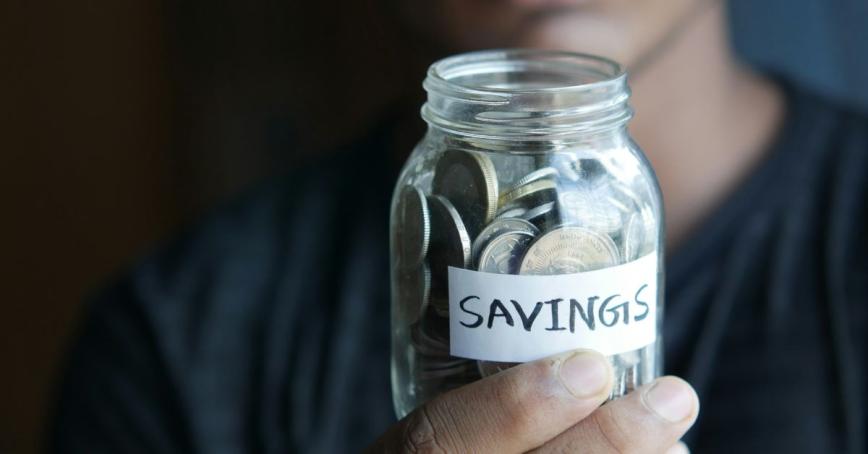RRU in the media: A basic income guarantee for mental health

With 75% of Canadians reportedly experiencing economic vulnerability, there is no better time to implement a basic income guarantee—a regularly paid, unconditional, and individual-based payment from the government, ensuring people can meet their basic needs.
The basic income guarantee is not just a great poverty reduction measure. In an interview with CBC News PEI, Tracy Smith-Carrier – professor of Humanitarian Studies and Canada Research Chair for Advancing the UN Sustainable Development Goals – speaks about basic income as a broad tool to improve mental health and wellness.
Here’s a transcript from the interview:
“By the time Canadians reach age 40, one in two will have a mental illness. In the context of the uncertainties of climate change, AI, what’s happening south of the border, the cost-of-living crisis, people are feeling the crunch. A basic income guarantee would be a strong investment in mental health for Canadians.
“For a long time, it was believed that a basic income was a poverty reduction tool. It is actually a broad-based population mental health strategy and intervention. Right now, the financial resiliency institute has taken a poll indicating that 75% of Canadians are experiencing financial vulnerability.
“Half of them are not sleeping at night because of the financial situation. Many of them are experiencing emotional stress and their physical health is being impacted. Whether or not they ever actually access the benefit, it will have mental health benefits for them. It will provide them with a buffer and a sense of security and peace of mind that they’ll be taken care of if they lose their job, for example.”
Smith-Carrier is speaking on this topic at the Women’s Network PEI conference Advocating Canada Towards a Basic Income Guarantee.